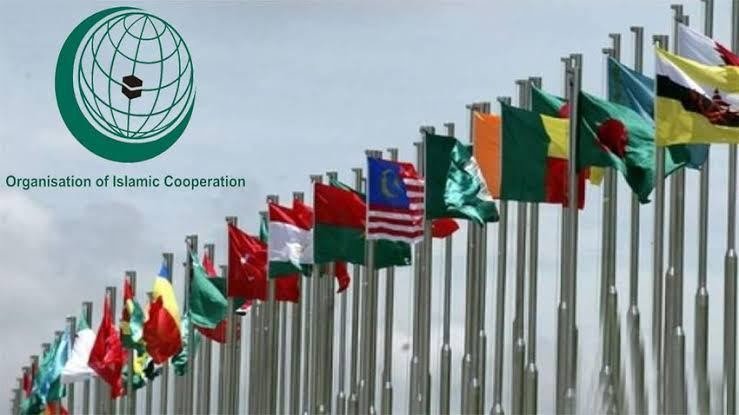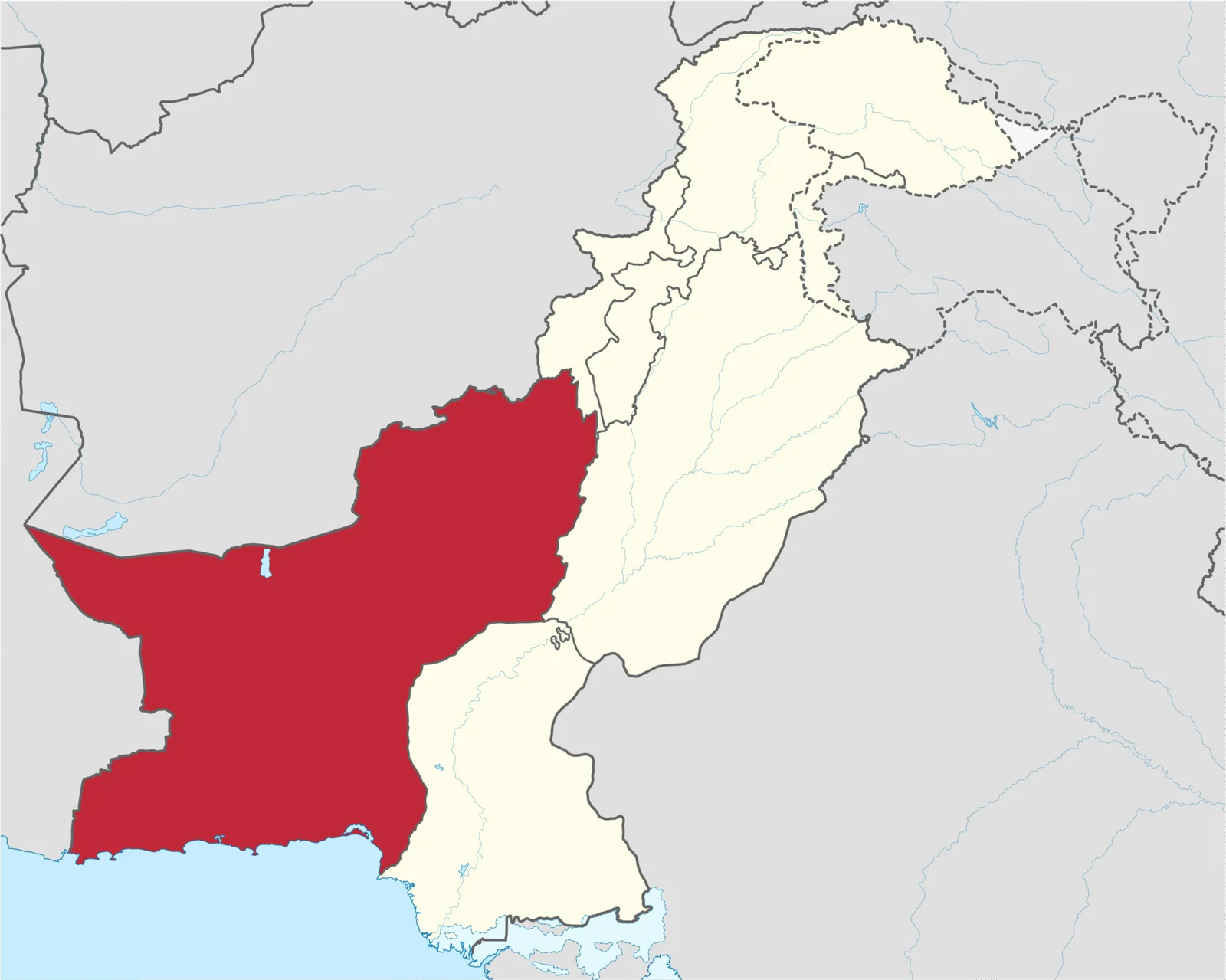Editorial
Climate change continues to pose a monumental threat, evident through record-breaking temperatures, rampant wildfires, and ecosystem degradation. According to NASA, Summer 2024 has been marked as the hottest on record since monitoring began in 1880, with August alone breaking monthly temperature records. The cumulative warmth of June to August surpassed previous summers by 0.2 degrees Fahrenheit, while August was 2.34 degrees Fahrenheit above historical averages.
Wildfire activity varied significantly worldwide in 2024, particularly impacting North and South America. Bolivia reported alarming increases in carbon emissions from wildfires, while the western U.S. and Canada faced early and severe fire conditions. Meanwhile, Europe experienced relatively average wildfires, with notable exceptions.
Extreme weather events have wreaked havoc globally, exemplified by catastrophic flooding in various countries. Storm Boris in mid-September caused tremendous damage, displacing over 25,000 individuals and resulting in more than 20 fatalities. Flash floods in Valencia, Spain, tragically claimed 200 lives, while extreme rainfall from July to September led to thousands of deaths and widespread displacement in countries like Sudan and Nigeria.
On a different front, the 2024 El Niño events significantly affected Southern Africa, exacerbating food shortages and health crises in communities already vulnerable due to adverse economic conditions. The floods in Pakistan illustrated similar failures, resulting in over 124 deaths and devastating agricultural lands.
Pl, watch the video and subscribe to the channel.
Biodiversity is also in crisis, with the WWF’s 2024 report revealing a staggering 73% reduction in tracked animal populations since 1970. Freshwater species, in particular, have plummeted by 85%.
Despite mounting evidence and dire predictions, global responses remain frustratingly inadequate. Wealthy nations’ commitments often lack enforceable mechanisms, leading to calls of ‘greenwashing.’ The G20 and COP29 pledged substantial financial resources for climate action; however, these pledges fall short of what is necessary and are not legally binding.
Real change requires overcoming psychological barriers and political reluctance. Only through collective recognition and commitment to sustainable practices can humanity confront this existential threat effectively. The foundation set in 2024 demands urgent compliance and action if we are to safeguard our planet for the future.
















